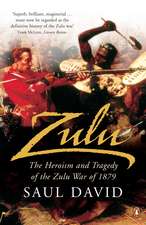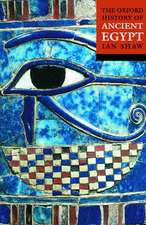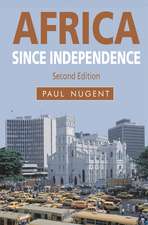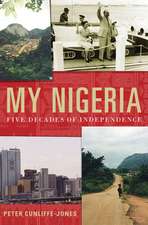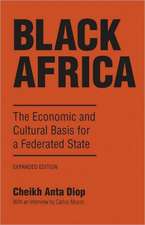Torture: The Role of Ideology in the French-Algerian War
Autor Rita Maranen Limba Engleză Hardback – 31 aug 1989
Published to coincide with the 200th anniversary of France's "Declaration of the Rights of Man and of the Citizen," this book looks in depth at the use of torture during the French-Algerian War (1954-1962) to reveal the failure of that liberal democratic state to uphold its obligations on rights. Rita Maran examines the Mission Civilisatrice ideology that justified the routine use of torture during that war and points out that human rights violations traceable to ideology occur irrespective of a state's political system or tradition of rights. The book contrasts the routinization of torture with the contemporaneous global development of norms to assure human rights and abolish torture. Maran concludes that reliance on a state's avowedly benevolent traditions of rights is not necessarily sufficient to protect individuals against state-directed violence, and that international law on human rights can provide significant protection.
The book begins with a brief history of torture in France up to the French-Algerian War. Torture, international human rights law, and civilizing mission ideology are then described and defined. The major portion of the book is devoted to interpretation of the discourse of exemplary people from three sectors of French society--government, the military, and the intellectuals--to demonstrate that reliance on the civilizing mission ideology rationalized the use of torture. Torture is a source of valuable and stimulating ideas for political scientists, historians, lawyers, social psychologists, journalists, ethicists, scholars of colonialism and colonial discourse, and all concerned with human rights as part of international discourse.
Preț: 462.54 lei
Preț vechi: 638.43 lei
-28% Nou
88.51€ • 96.44$ • 74.58£
Carte tipărită la comandă
Livrare economică 23 aprilie-07 mai
Specificații
ISBN-10: 0275932486
Pagini: 230
Dimensiuni: 163 x 242 x 22 mm
Greutate: 0.55 kg
Editura: Praeger
Descriere
The book begins with a brief history of torture in France up to the French-Algerian War. Torture, international human rights law, and civilizing mission ideology are then described and defined. The major portion of the book is devoted to interpretation of the discourse of exemplary people from three sectors of French society--government, the military, and the intellectuals--to demonstrate that reliance on the civilizing mission ideology rationalized the use of torture. Torture is a source of valuable and stimulating ideas for political scientists, historians, lawyers, social psychologists, journalists, ethicists, scholars of colonialism and colonial discourse, and all concerned with human rights as part of international discourse.




